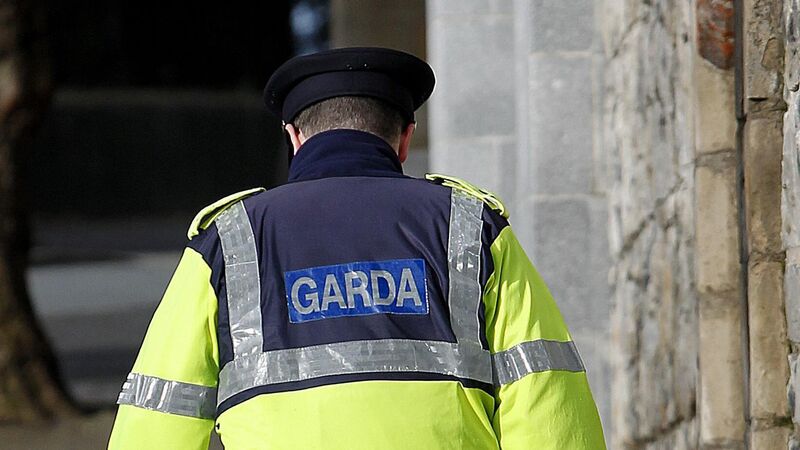Gardaí call for protections from 'antagonism' of so-called 'citizen journalists'

Personal or identifiable information about gardaí is sometimes shared online as part of this 'citizen-journalist' content, potentially putting gardaí and their families at risk, AGSI conference told.
Camera phones are being shoved in the faces of gardaí by so-called citizen journalists in a bid to antagonise them and create viral content, an inspector has warned.
Gardaí need legal protections and clear directions in how to deal with the surge in people filming, livestreaming and sharing content featuring gardaí online, which is taking a serious toll on the force, said Inspector Amanda Flood of Store Street Garda Station in Dublin.










